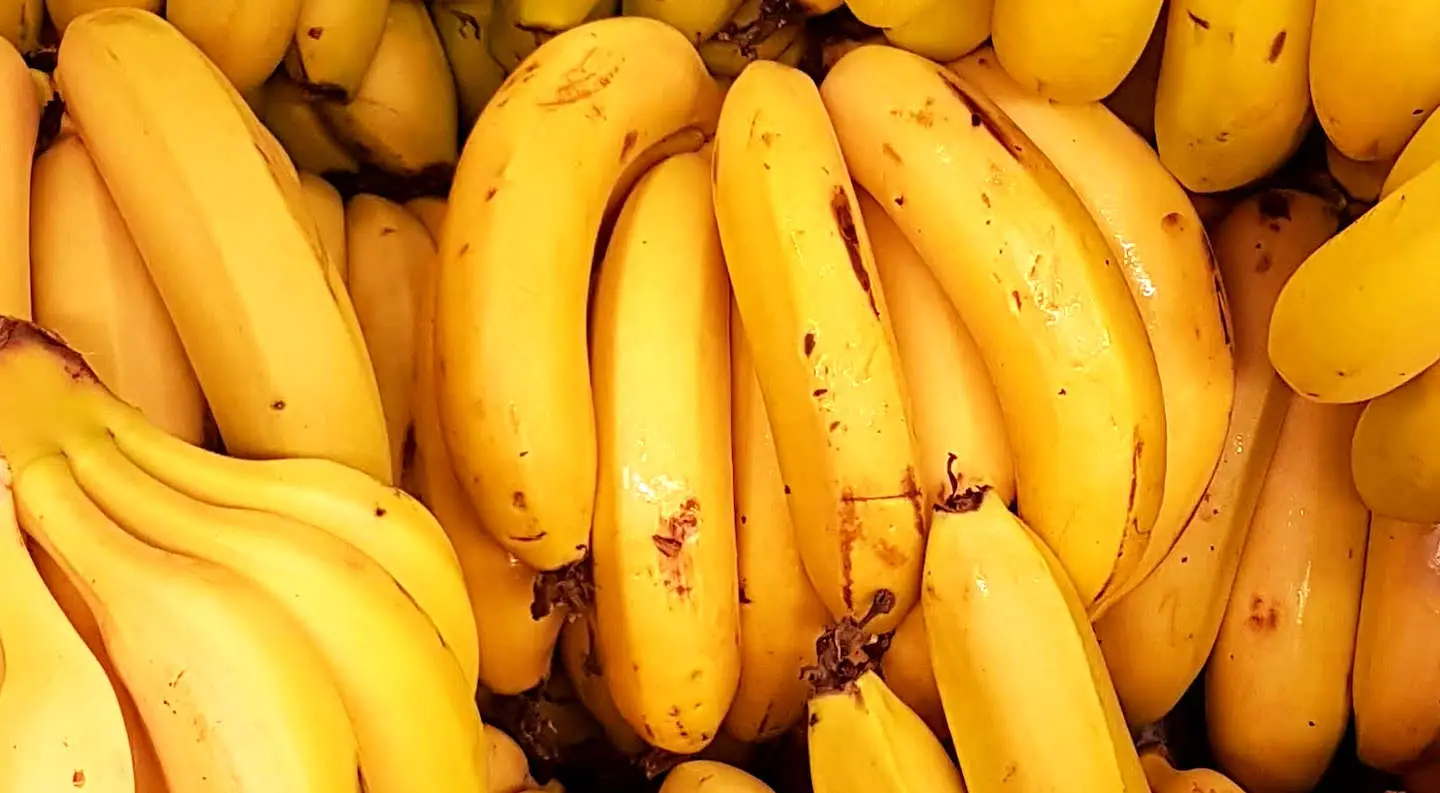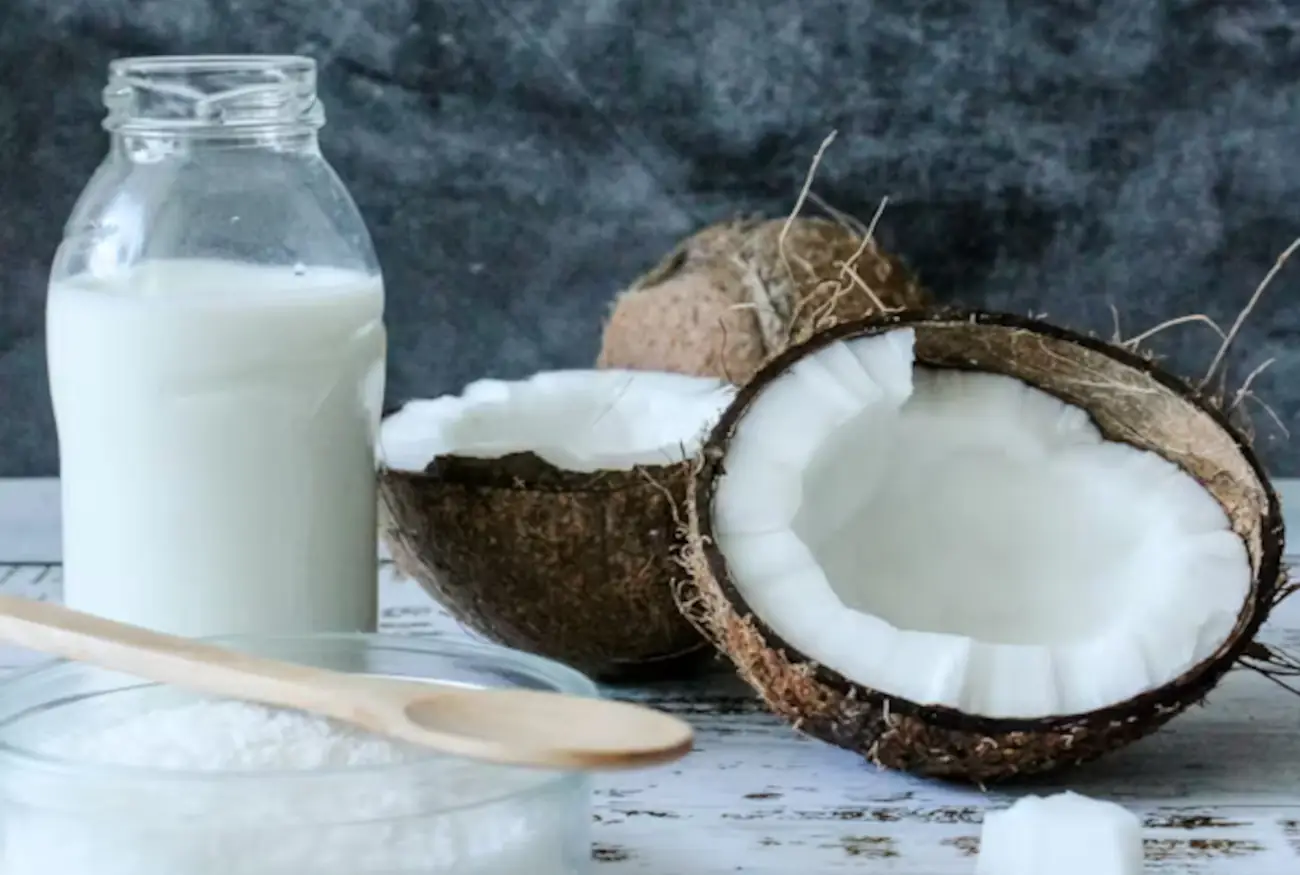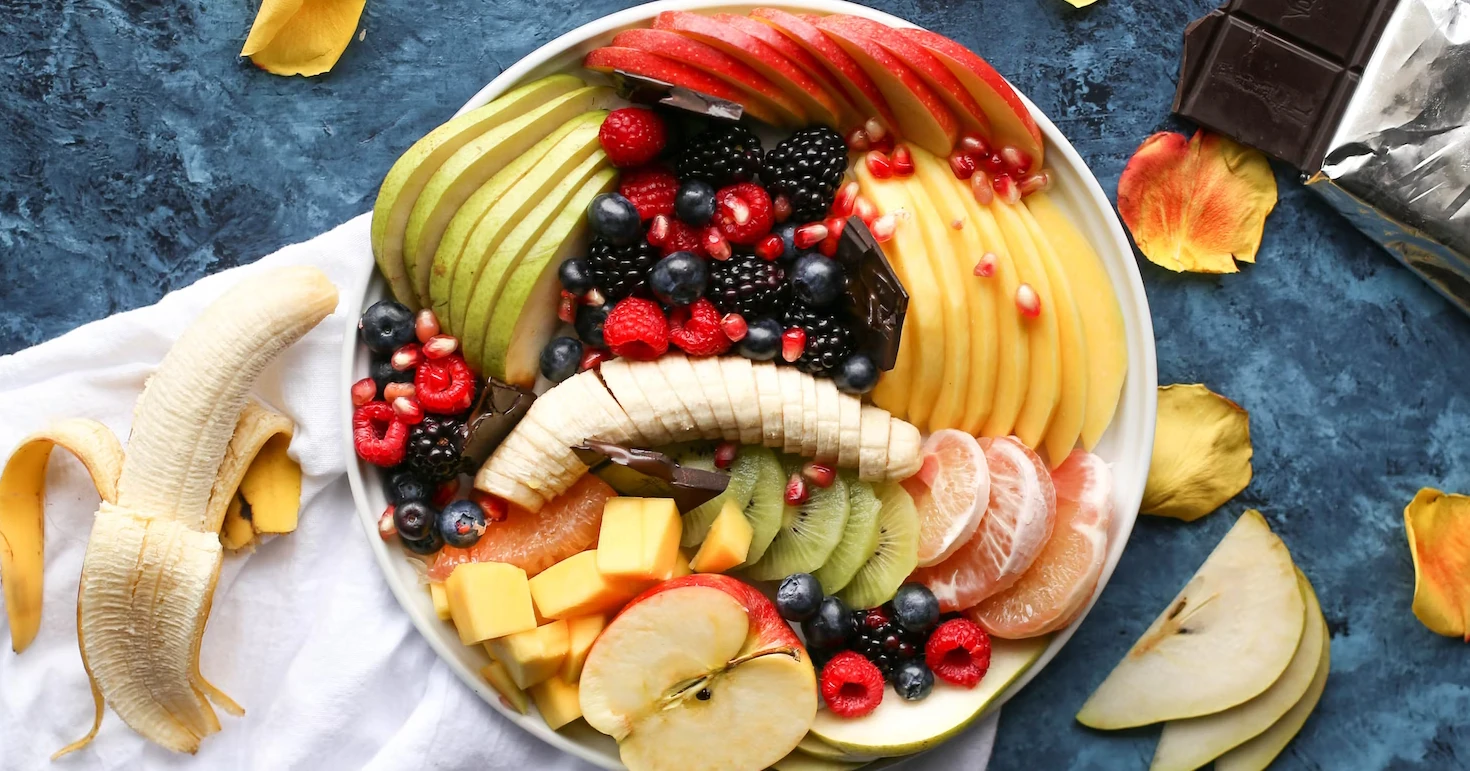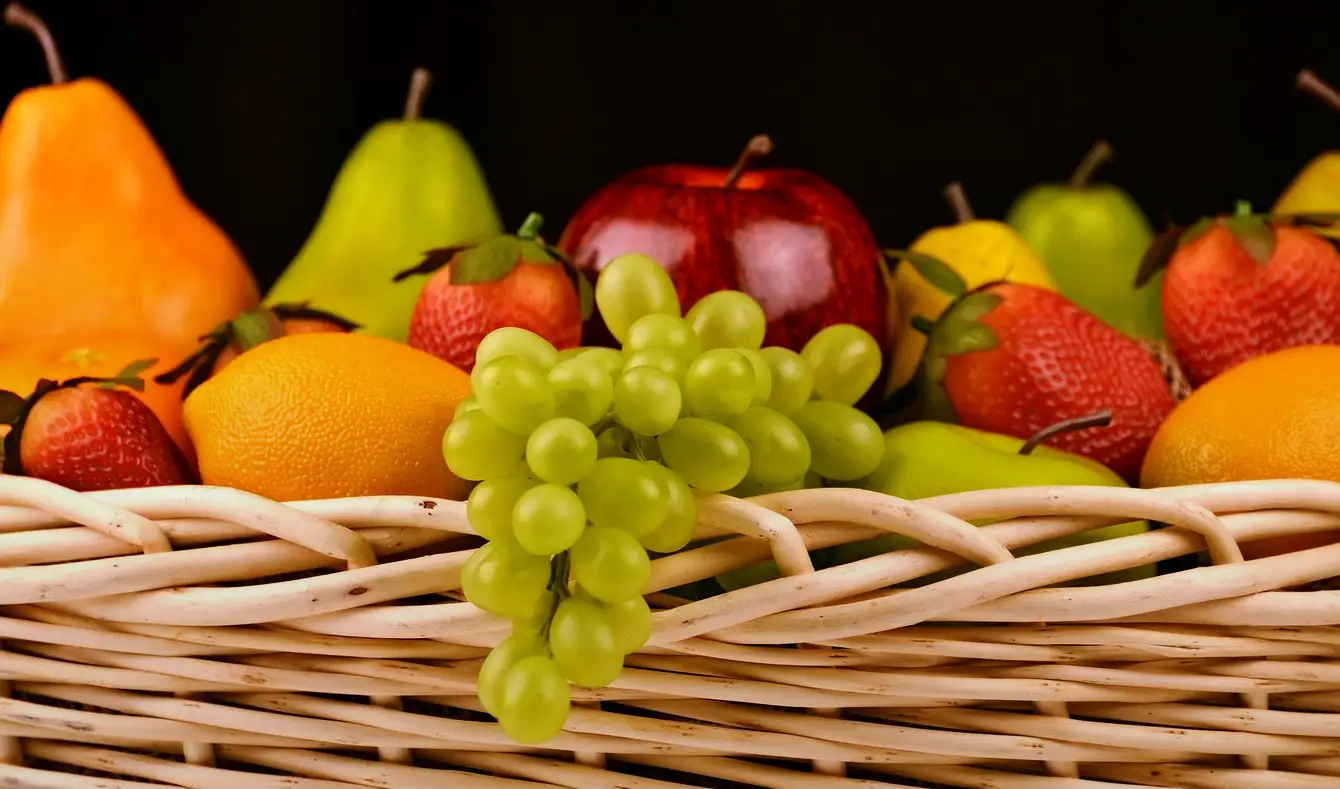Pear, Dried Lysine and Arginine Info Sheet
Overview
Pear, dried is a fruit that has been dehydrated to remove most of its water content.It has a chewy and sweet texture and a longer shelf life than fresh pears.
It is usually eaten as a snack or added to cereals, granola bars, and trail mixes.
Pear, dried is high in calories, sugar, and fiber. It also contains vitamin C, vitamin K, potassium, and copper. Pear, dried may have some health benefits, such as improving digestion, lowering cholesterol, and preventing scurvy.
Pear, dried may cause allergic reactions in some people, especially those who are sensitive to birch pollen.
| Name | Lysine (mg/100g) | Arginine (mg/100g) | Ratio |
|---|---|---|---|
| Pear, Dried | 66.29mg | 31.86mg | 2.08 |
Pear, Dried contains 66.29mg of Lysine and 31.86mg of Arginine per 100g of product.
This means Pear, Dried has a very high Lysine-Arginine ratio of 2.08.
Because Pear, Dried contains much higher levels of lysine than arginine, it is highly recommended for people who suffer from herpes, as it may prevent outbreaks.
Lysine Considerations
Lysine is an essential amino acid that is important for protein synthesis, collagen formation, and immune function.
Pear, dried is a low source of lysine, providing only about 7% of the RDI per 100 grams.
It's one of the nine amino acids that the body can't produce, so it must be included in our diet.
Lysine has a variety of roles in the body, such as aiding in growth, healing, energy production, immune function, and the production of collagen.
Research indicates that lysine may have an impact on the herpes virus, which is responsible for cold sores and genital sores.
Taking lysine supplements or using lysine cream could potentially prevent or treat these infections by slowing down the amino acid arginine, which the virus requires for growth.
Arginine Considerations
Arginine is a semi-essential amino acid that is involved in nitric oxide production, wound healing, and blood pressure regulation.
Pear, dried is a low source of arginine, providing only about 3% of the RDI per 100 grams.
Arginine has a variety of functions in the body, including wound healing, helping the kidneys remove waste products from the body, and maintaining immune and hormone function.
Arginine also plays a role in the replication of the herpes virus, making it a key factor in cold sore outbreaks.
The herpes virus requires arginine to grow, replicate, and create new herpes viruses.
Foods high in arginine, such as nuts and chocolate, may increase the frequency and severity of these outbreaks.
Lysine-Arginine Ratio
The lysine-arginine ratio is a measure of the balance between these two amino acids in a food.
A higher ratio means more lysine relative to arginine, which may be beneficial for preventing or treating viral infections, such as herpes simplex.
Pear, dried has a high lysine-arginine ratio of 2.08, which may help inhibit viral replication.
Lysine and arginine are both amino acids that are involved in protein synthesis and other metabolic processes.
That said, they have opposite effects on the herpes simplex virus, which causes cold sores and genital herpes.
Lysine can prevent the replication of the virus, while arginine can stimulate it.
Because of this, eating foods that have a high lysine-arginine ratio may help reduce the frequency and severity of herpes flare-ups.
Some examples of foods that have a high lysine-arginine ratio are dairy products, fish, poultry, fruits, and vegetables.
These foods can provide the body with enough lysine to block the uptake of arginine by the virus, and thus prevent its growth and spread.
Dietary Considerations
Fruits are generally high in natural sugars, water, and vitamin C.
Some fruits have more lysine than arginine, such as papaya, mango, apricot, apple, pear, fig, and avocado.
These fruits can help slow down or reduce herpes outbreaks, as lysine can counteract the effects of arginine.
Other fruits have more arginine than lysine, such as oranges, tangerines, grapes, bananas, strawberries, and kiwis.
These fruits can still be consumed in moderation, as they have other health benefits.
Pears are a good source of dietary fiber and contain several essential nutrients.
They are low in calories, making them a smart choice for weight management.
They also promote gut health and contain beneficial plant compounds.

For example:
A diverse and nutritious diet that supports your immune system and fights inflammation is essential.
This means you should eat lots of fruits, vegetables, whole grains, lean protein, and healthy fats, and steer clear of processed foods, added sugars, alcohol, and caffeine, which can harm your health.
Make sure to drink plenty of water to keep yourself hydrated and eliminate toxins from your body.
Water can also help you avoid dryness and irritation of the skin and mucous membranes, which can lead to outbreaks.
L-lysine supplementscan help you prevent herpes outbreaks and stop a cold sore before it develops by depriving the virus of arginine, which it needs to form a cold sore.
Other food supplements, such as vitamin C, zinc, selenium, and antioxidants, can help you boost your immunity and protect your cells from oxidative stress.
Avoiding foods that can cause allergic reactions or sensitivities, such as gluten, dairy, nuts, eggs, or shellfish.
These foods can trigger inflammation and weaken your immune system, making you more susceptible to outbreaks.
Foods that can boost your immunity and fight inflammation are essential to prevent outbreaks.
Honey, yogurt, aloe vera, and chamomile are some examples of these foods.
They can also soothe your symptoms and help you recover quicker by reducing pain, swelling, and itching.
Check more food information






